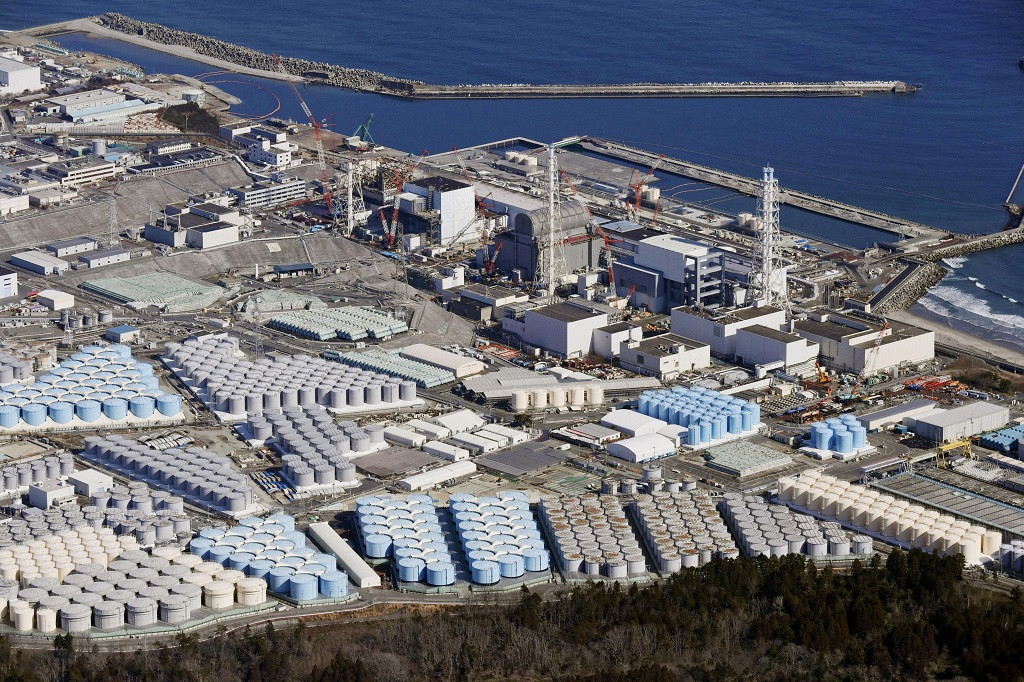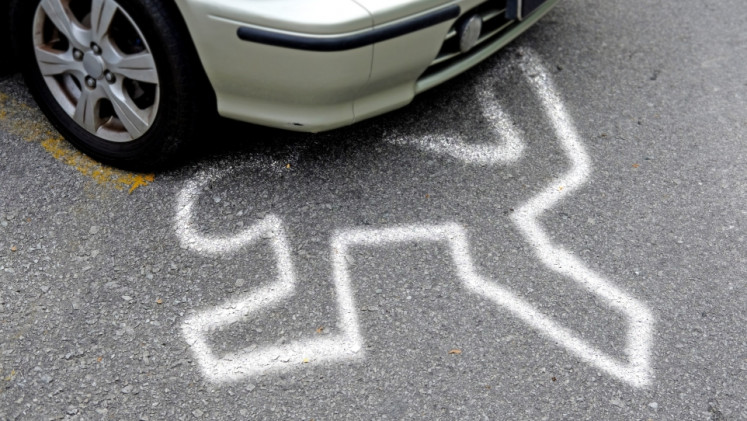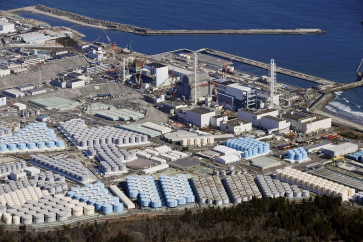Popular Reads
Top Results
Can't find what you're looking for?
View all search resultsPopular Reads
Top Results
Can't find what you're looking for?
View all search resultsIndonesia’s nuclear agency unfazed by Fukushima wastewater release
Indonesia's Nuclear Energy Regulatory Agency (Bapeten) sticks to reports from United Nations' International Atomic Energy Agency (IAEA) and data from plat's operator that the released wastewater is relatively safe for the environment.
Change text size
Gift Premium Articles
to Anyone
T
he Nuclear Energy Regulatory Agency (Bapeten) is unfazed by Japan’s releasing treated wastewater from the Fukushima nuclear power plant into the ocean on Thursday, as it has accepted that any residual tritium would become diluted on entering the open sea, with negligible impacts on distant shores.
Bapeten spokesman Abdul Qohar Teguh Eko Prasetyo said the released wastewater would be relatively safe for the environment according to reports from the United Nations’ International Atomic Energy Agency (IAEA) and monitoring data from the plant’s operator, the Tokyo Electric Power Company (TEPCO).
The World Health Organization (WHO) has set the safety threshold for tritium, a radioactive isotope or radionuclide, at a maximum 10,000 becquerels per liter (Bq/L) of drinking water. Meanwhile, TEPCO's latest report found that the tritium concentration in the treated wastewater was less than 1,000 Bq/L.
“Within this context, Bapeten sees no problem with releasing the treated water,” Abdul Qohar told The Jakarta Post on Thursday.
Tritium, which is the common name for the Hydrogen-3 radionuclide, is known to pose a threat to marine animals and humans if exposed to large amounts. Japan’s plan to release the water had already drawn harsh criticism from neighboring China, which immediately announced a blanket import ban of Japanese seafood. It has also drawn the ire of local fishermen concerned about their livelihood.
Releasing the treated wastewater into the Pacific Ocean over several decades is a significant step to decommissioning the Fukushima Daiichi nuclear power plant in northeastern Japan, which experienced one of history’s worst-ever meltdowns after a massive earthquake and tsunami in March 2011 that killed some 18,000 people.
Following the disaster, TEPCO stored 1.34 million cubic meters (cbm) of water that became radioactive during the process of cooling the busted reactors.


















